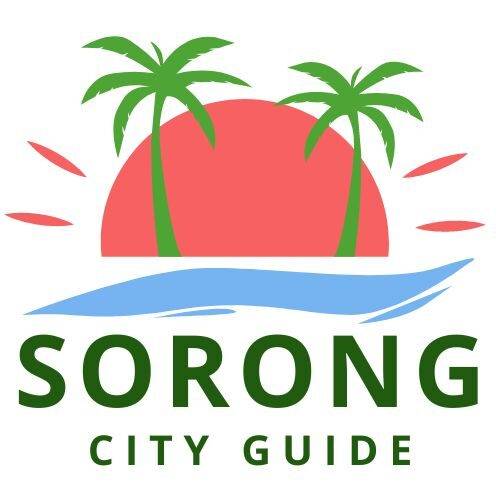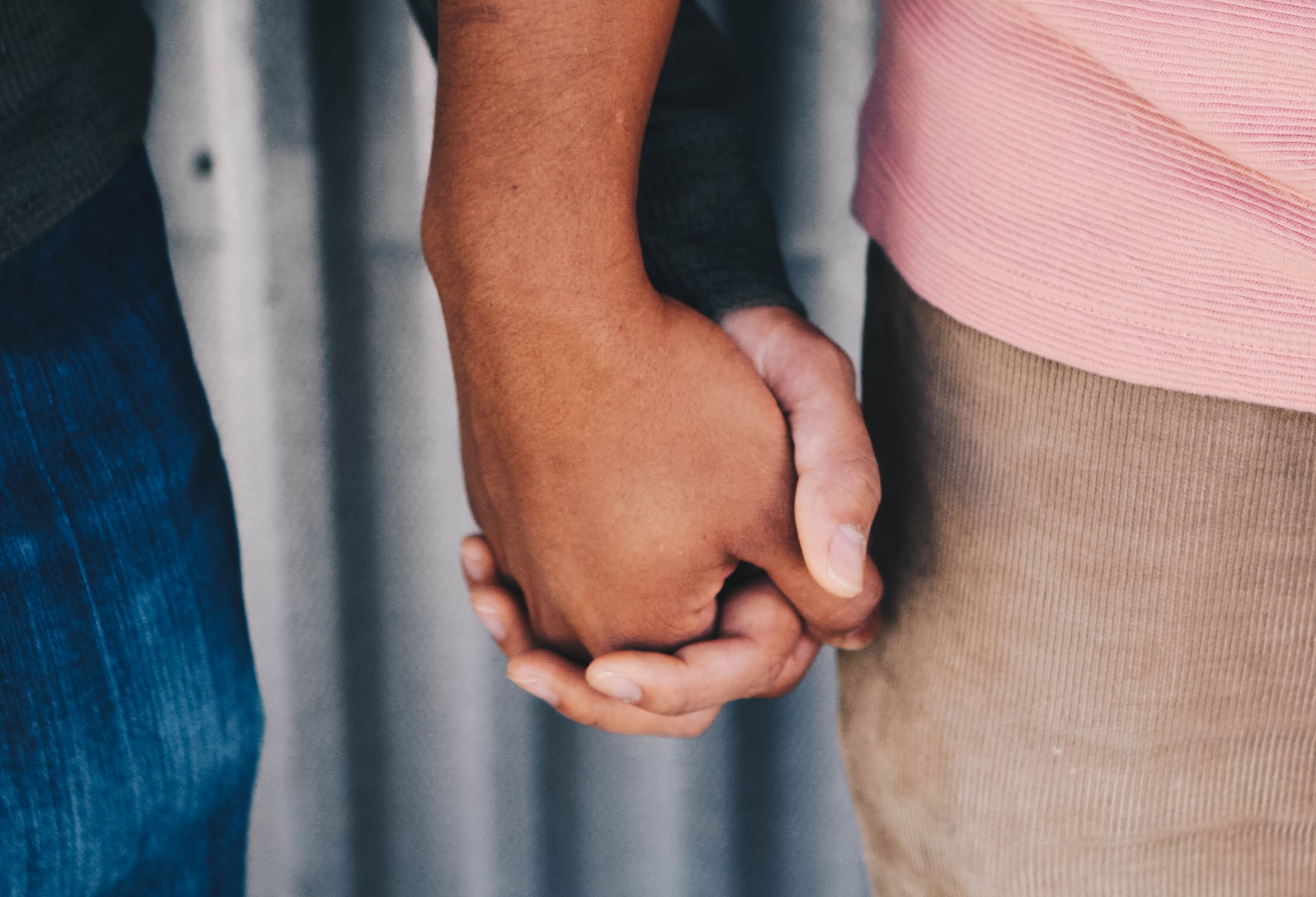Anyone travelling around Indonesia will probably hear it more than once. “Bule” is the word most commonly used in Indonesia when Indonesians talk about foreigners – except for “mister” or “miss”.
But what exactly does it mean?
“Bule” literally means albino, but the real meaning has shifted a bit. The word is usually used for foreigners in Indonesia, more specifically for all non-Asian foreigners or foreigners who have lighter skin, hair or eye colour than Indonesians. In some cases, however, one can also hear the term bule afrika or bule arab to describe people from the African continent or the Middle East.
It’s a very controversial word. While some Westerners even use it for themselves, others disappear in a never-ending discussion about whether Indonesia is a racist country or not.
Where does this come from?
Let’s have a closer look at this powerful word and its different effects.
One word for all situations
It’s almost impossible to find the word “bule” in a common dictionary. Literally, it means albino, but in fact, the word refers to more than a person with a colour pigmentation disorder.
In the Kamus Besar Bahasa Indonesia or short KBBI (“The Great Dictionary of the Indonesian Language”) you read that “bule” is used for foreigners coming to Indonesia, regardless of their length of stay or their knowledge of Indonesia. Nevertheless, the word is not used for all foreigners. With some exceptions (bule afrika and bule arab), it points in the direction of the Caucasians (Europeans), Americans and Australians – simply all non-Asian foreigners.
It’s no surprise that the word is used at all times when it comes to this particular group of people. Be it during a casual conversation, a quiet whispering or screaming in the street – every Westerner will experience it at least once during an Indonesian trip. And the longer you stay in the country, the more you will notice it.
The majority of Indonesians usually seem to be shy and reserved. You may hear someone whisper “bule” as you pass a group of students. Other Indonesians, on the other hand, are not too shy to shout a foreigner in the street. Especially in Papua, you’ll often hear a loud “hey mister/miss” (don’t be surprised if they call you mister even though you’re a woman), “how are you bule”, “I love you bule” or simply “hey bule!”.
It’s a word you’ll hear in all kinds of situations: on the market, from your neighbour, at work (as an expat) or in a Warung when you enjoy your favourite dish. Indonesians don’t make a secret out of it.
What do Indonesians say about it?
Before we look at the effects of the so-called “bules”, let’s see what the Indonesians think about this word.
Indonesians are well known for their open and easy-going personality. It’s quite normal to chat with someone on the street and have small talk – even if you don’t know each other.
Just as they talk relaxedly on the streets, they use the term “bule” without thinking too much about it. Indonesians use it in their daily conversations. For them, the word itself is neutral, which of course – depending on the context – can have a positive or negative connotation. It’s simply a functional term for people with lighter skin than their own.
Although the word is not used in official documents or any meetings, it is used by people of all backgrounds.
So how bad is it really, the word “bule”?
Small word – big impact
Travellers who only have a short stay in Indonesia will probably put away the word “bule” with a wink. But what about those who call Indonesia their second home and do everything they can to integrate into the community?
Even if “bule” is not a bad word at all and sounds rather funny to many short-term visitors, it can have quite different effects for some long-term expats.
See it this way: many expats are trying to integrate into Indonesian society. They learn the language, have Indonesian friends or even spouses, and are sometimes more Indonesian than Indonesians themselves. They feel at home in Indonesia and do everything they can to be accepted by the local community.
Many expats feel left out and find it disturbing or offensive when they’re labelled a “bule”. It can hurt to be seen as an outsider and not as a part of the community, especially after many years of integration and adaptation.
Their own neighbours speak about the “bule” next door, without a negative association. Indonesian friends talk about the “bule” friend, without a bad intentions. Even in the presence of a Westerner, the Indonesians don’t mince words and talk about the “bule”. It’s no surprise that some Westerners find it inappropriate, get upset or feel uncomfortable in such a situation.
On the other hand, it can also have positive effects. If you stay a long time in an area off the beaten track, the presence of another Westerner can be relieving. Experiences can be exchanged and there is a certain sense of togetherness. Many expats even use the word themselves when talking about themselves and their non-Indonesian friends.
So what’s right? Is the term polite or completely inappropriate?
Why exactly does it cause so much resentment in the Western community?
Stereotypes and racism
The reasons for all the excitement are obvious: they’re called stereotypes and racism.
Those who have lived in Indonesia for a long time understand what many Indonesians associate with the term “bule”: a “white” person, who is wealthy and rich, selfish, and ignorant. The typical “bule” has more money than a local (which is mostly true) because he can finally afford to buy a plane ticket to Indonesia. The consequences of these prejudices are not only higher prices for Westerners, but sometimes also for locals trying to rip you off.
Another trend that comes with it, is that Asian women (and more and more also Asian men) are even looking for Western partners. The Westerner stands for a secure and steady income and a good life – far away from poverty. It seems to be a ticket out of the country into a better world.
Be it positive or negative, call it racism, stereotypes or prejudices – it is what it is: nobody wants to be put in a box.
For many Westerners, it’s the first experience of being discriminated against or being seen as someone different (than the Asian racial norm) and many don’t know how to handle that. They refer to Indonesia as a racist country and give examples of Indonesians degrading each other by religion, birthplace or background (which would be a completely different topic related to the diversity of this country).
But let’s be honest: are we not facing racism everywhere in every country? How do some Westerners see Asians, African-Americans or Indigenous people in their white society? Aren’t there just as many prejudices?
Okay, you won’t find different prices in Western countries and maybe not as many locals shouting at you on the street, but experiencing these kinds of situations can give you the opportunity to reflect on your own behaviour. Unfortunately, for many people, racism is a daily experience in their lives. Attracting attention and being addressed as a foreigner in another country is a great way to make you understand such situations.
Read also 6 easy ways to get in touch with the locals in Sorong!
Conclusion
Being called a bule is something tourists and expats always have to expect. In many Asian countries, you are always labelled a “white person”, no matter how well you integrate and adapt.
Although there are different opinions about the meaning of the word “bule”, it always depends on the context in which it’s used. It can be neutral in a conversation about a foreigner, it can be insulting when a group of people is shouting “bule”, or it can be appreciative of anything a “bule” represents and does.
The most important thing is to respect each other – the privacy and feelings of one and the traditions of the other. We are, and always will be, different in many ways, and we should appreciate and celebrate it. Because after all, what really matters is how you behave under your skin – whether it’s white, yellow or black.
What do you think about the term “bule”?
Photo by Jenna Jacobs on Unsplash


